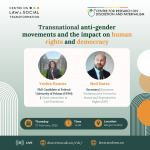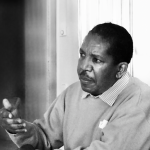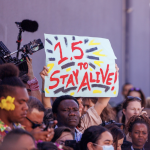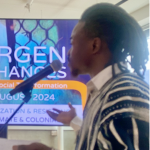Conference-format PhD Course (2 ECTS) offered by the Department of Government, University of Bergen in collaboration with LawTransform 25-26 March 2025
Venue: Bergen Global, Jekteviksbakken 31, Bergen
Application deadline 20 February: apply here.
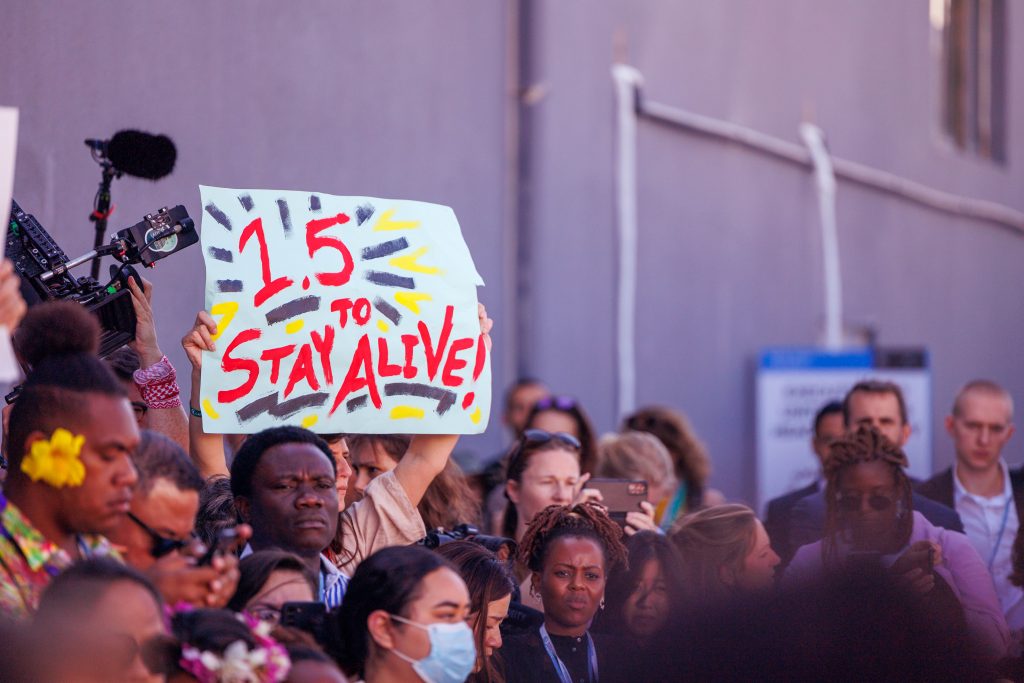
Photos: Rasmus M. Berg
Democracies are under pressure world-wide and we are currently witnessing a wave of autocratization. At the same time, across the globe countries are reducing their national climate ambitions by diminishing climate protection or removing existing climate policies. How can we understand the dual challenge of a global backlash against democracy and pro-climate policies? What connects the democratic and the climate crises? Democratic backsliding and the climate emergency pose fundamental challenges to societies crossing the norther-southern divide. Yet, while social scientists have tended to focus on explaining the democracy challenges, the theorizing on the climate emergencies have been left to the natural scientists.
In this course we critically reflect on the interconnections between two large challenges facing the world: autocratization and the climate emergency. We ask how autocratization directly or indirectly affect the dismantling of climate policies. We investigate how rising temperatures are linked to the proliferation of armed conflicts, food shortages and economic recessions. We also discuss the links between climate denialism and populist movements and the role of global institutions in these global battles.
This two-day international and interdisciplinary PhD course provides in-depth engagement with the state-of the art research on the intersection of autocratization and climate politics in contemporary society.
Participants will hear lectures by leading experts in the field and engage with them in public discussions on what drives and shapes these trends, globally and locally, how they play out in different contexts, and to what effects. Students who research different aspects of climate politics in different country contexts will have the opportunity to present and discuss their work with senor researchers and PhD colleagues.
Format: This is an in-person conference-style PhD course combining lectures, roundtable discussions and presentation of work in progress. The course is interdisciplinary and open to candidates from universities in Norway and abroad. Participants must submit a (draft) paper or thesis outline and give a presentation of their work (10 mins). They will receive comments from other PhD students and experienced researchers. Each participant is expected to prepare comments for a fellow student and take active part in discussions and roundtable sessions. The course literature should be read in advance. 2 ECTS will be awarded for participation in the course with a paper presentation.
The PhD Course is integrated with the Master course GOV360-7 25V / Global: «Climate politics: The challenge of Autocratization and the climate emergency » (5 ECTS). The MA students have separate lectures in the weeks ahead of the PhD course, but the course readings are the same, and the MA students will participate in the PhD course as part of their course assignments.
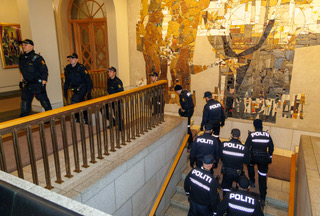
Learning outcomes: Upon successful completion of this course the participants should be able to:
- Engage critically with cutting-edge research in the field.
- Formulate and express the theoretical and methodological underpinnings of their research project.
- Engage with the ethical challenges of their research.
- Articulate and explain the significance of their own research.
- Present and discuss aspects of their research to a variety of audiences in both oral and written forms.
- Discuss the methodological challenges of multidisciplinary research.
Study period Two full days – 25-26 March 2025
Credits: 2 ECTS
Course registration and deadlines The application deadline is 20 February 2025. Please register here
Recommended Previous Knowledge: Research-based master’s degree in a relevant discipline.
Compulsory Requirements. Each participant must:
- submit a (draft) paper or thesis outline
- read the course literature in advance of the course
Form of assessment. Assessment is based on:
- a 10-minute presentation of own work (paper or thesis outline)
- comments for a fellow student
- active participation in discussions and roundtable sessions
Who may participate: PhD candidates with relevant research, UiB and national / international from any discipline
Contact. Administrative support and registration: Lara Côrtes lara.b.cortes@uib.no
Academic responsible: Professor Lise Rakner lise.rakner@uib.no
Lecturers: Danielle Rached (University of Sao Paulo);
Yann Robiou du Pont (Utrecht University); Siri Gloppen (UiB); and Håvard Haarstad (UiB).
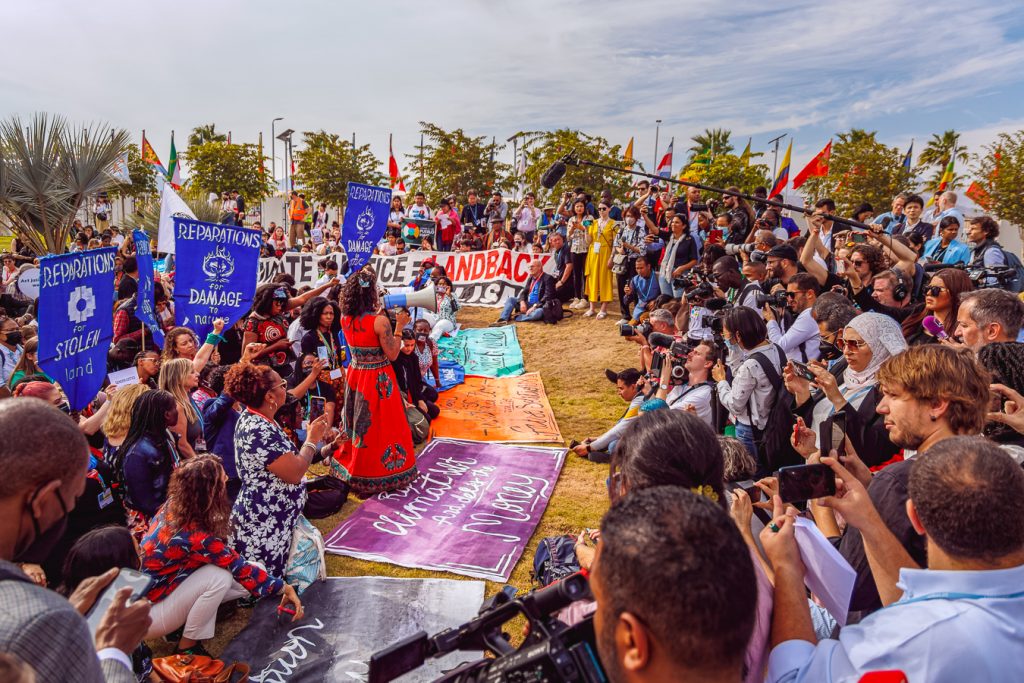
Course Programme
Tuesday 25 March
9:15-10:00 – Introduction of participants and course
10:15-11:00 – Keynote address: Danielle Rached – Autocratization processes and the environment
11:00-11:30 – Panel discussion
11:30-11:45 – Break
11:45-12:30 – Keynote address: Håvard Haarstad – Democracy and populist resistance to transition
12:30-13:00 – Panel discussion
13:00-14:00 – Lunch
14:00-16:00: Candidate presentations
16:00-16:15 – Break
16:15-17:30 – Candidate presentations
18:30-21:30 – Communal Dinner
Wednesday March 26
9:15-10:00 – Keynote address: Yann Robiou du Pont – Are autocracies better at climate transformation?
10:00-10:45 – Panel discussion
10:45-11:00 – Break
11:00-13:00 – Candidate presentations
13:00-13:45 – Lunch
14:15-16:00 – Joining Department of Government’s general seminar. Title: Navigating the Divide: Challenges for Brazil’s Climate Agenda After Bolsonaro. By Danielle Rached
16:00-16:30 – Closing of PhD/MA course
18:00 – Informal dinner for those staying in Bergen
Reading list
Arnim Scheidel,et al. 2023 Global impacts of extractive and industrial development projects on Indigenous Peoples’ lifeways, lands, and rights Science Advances Vol 9, Issue 23 DOI: 10.1126/sciadv.ade95 https://doi.org/10.1126/sciadv.ade9557open_in_new View article page
Care, DK (2023) Hattle, A, John Nordbo, Anna Myrup, Lærke Elming, Rasmus Bo Sørensen, Ida Achton, Astrid Brink Knudsen, Eske Bentsen, Lasse Pinderup: Seeing Double: Decoding the additionality of climate finance” https://careclimatechange.org/wp-content/uploads/2023/09/Seeing-Double-2023_15.09.23_larger.pdf (page 4-20, 16 p)
Dolsak, Nives, and Aseem Prakash. 2022. “Three Faces of Climate Justice.” Annual Review of Political Science 25:283–301 (18 p)
Green, Jessica and Jennifer Hadden. 2021. “How Did Environmental Governance Become So Complex? Understanding Mutualism Between Environmental NGOs and International Organizations.” International Studies Review 23(4): 1972-1812 (40p)
Guilherme Casarões, Déborah Silva do Monte & Matheus de Carvalho Hernandez (12 Jun 2024): Safeguarding democracy from the outside in: transnational democratic networks against autocratisation in contemporary Brazil, Third World Quarterly, DOI: 10.1080/01436597.2024.2360537: https://doi.org/10.1080/01436597.2024.2360537
Kıprızlı, G., & Köstem, S. (2023). The onset of BRICS cooperation on climate change: material change, ideational convergence and the road to Copenhagen 2009. Third World Quarterly, 44(6), 1192–1210. https://doi.org/10.1080/01436597.2023.2177632 (18 p)
Hadden J, Prakash A. Introduction: What Scholars Know (and Need to Know) about the Politics of Climate Change. PS: Political Science & Politics. 2024;57(1):17-20. doi:10.1017/S1049096523000562 (4 p)
Lockwood, M. (2018). “Right-wing Populism and the Climate Change Agenda: Exploring the Linkages.” Environmental Politics, 27(4), 712-732. https://www.tandfonline.com/doi/full/10.1080/09644016.2018.1458411 (20 p)
McCright, A. M., & Dunlap, R. E. (2011). Cool Dudes: The Denial of Climate Change among Conservative White Males in the United States. Global Environmental Change, 21, 1163-1172. https://doi.org/10.1016/j.gloenvcha.2011.06.003 (11 p)
Mirza Sadaqat Huda, Autocratic power? Energy megaprojects in the age of democratic backsliding, Energy Research & Social Science, Volume 90, 2022, 102605, ISSN 2214-6296, https://doi.org/10.1016/j.erss.2022.102605. (14 p)
Osborne, Natalie & Carlson, Anna. (2023). Against a nation state of emergency: how climate emergency politics can undermine climate justice. npj Climate Action. 2. 10. file:///Users/lra001/Downloads/s44168-023-00087-w.pdf (10 p)
Paterson, M., Wilshire, S., & Tobin, P. (2023). The Rise of Anti-Net Zero Populism in the UK: Comparing Rhetorical Strategies for Climate Policy Dismantling. Journal of Comparative Policy Analysis: Research and Practice, 26(3–4), 332–350. https://doi.org/10.1080/13876988.2023.2242799 (18 p)
Rached, Danielle Hanna; Oliveira, M Cecilia: Right-Wing Populists and the Global Climate Agenda: What Does Jair Bolsonaro Bring to the Playbook of Autocratic Leaders?, VerfBlog, 2022/9/21, https://verfassungsblog.de/right-wing-populists-and-the-global-climate-agenda/, DOI: 10.17176/20220921-230800-0.
Ramachandran, V and Ted Nordhaus (2025): Foreign Policy (FP), January 6, 2025: “Trump Is Quitting the Paris Agreement. Poor Countries Should, Too. Decades of hypocritical climate policies have failed the global south. https://foreignpolicy.com/2025/01/06/trump-paris-agreement-climate-cop-global-south-africa-poor-countries/
Sinan Chu, Heike Holbig, Amrita Narlikar, Johannes Plagemann, In the Eyes of the Beholders: The Legitimacy of Global Governance Institutions under Multipolarity, International Studies Quarterly, Volume 68, Issue 2, June 2024, sqae034, https://doi.org/10.1093/isq/sqae034 (14 p)
Tomini, L., Gibril, S., & Bochev, V. (2022). Standing up against autocratization across political regimes: a comparative analysis of resistance actors and strategies. Democratization, 30(1), 119–138. https://doi.org/10.1080/13510347.2022.2115480


